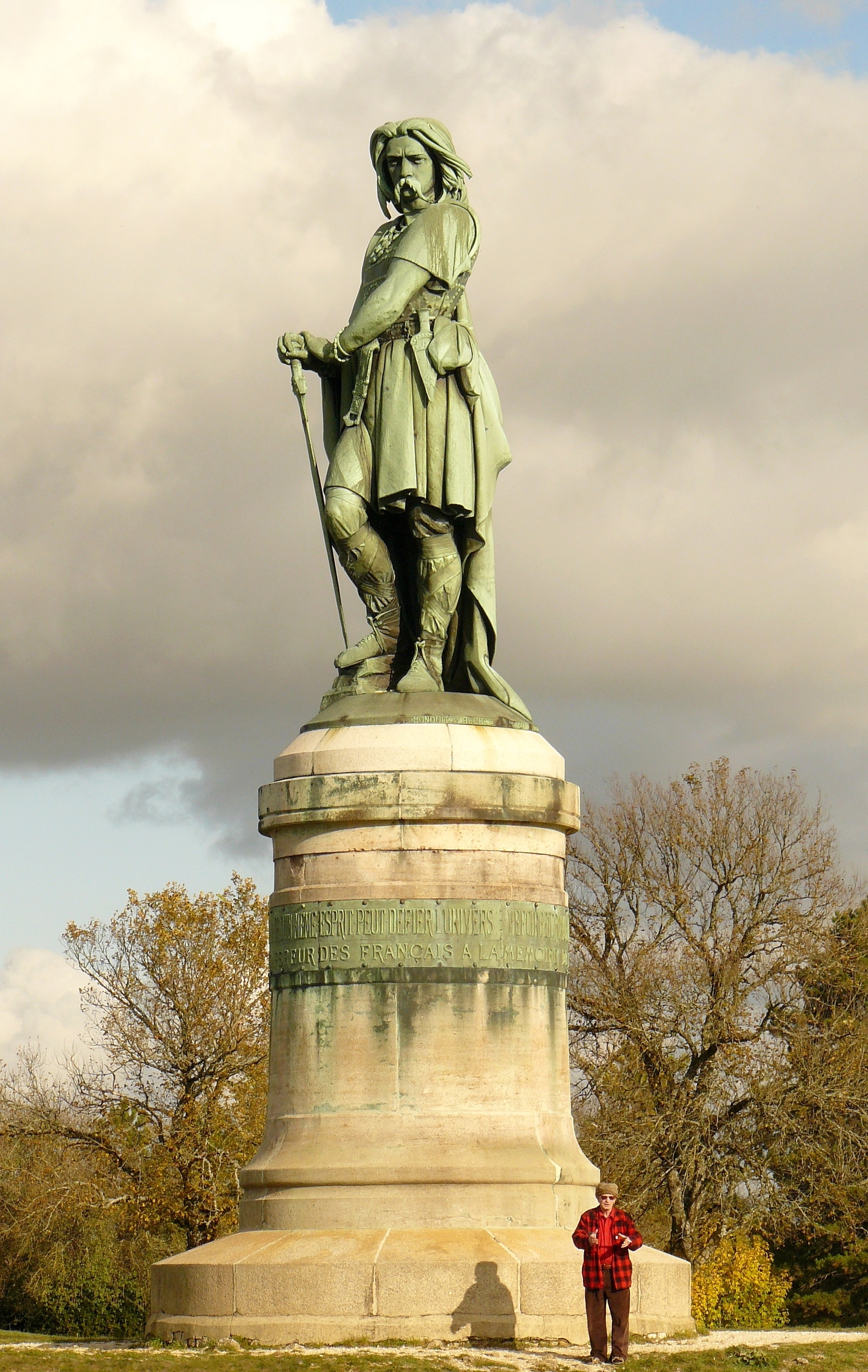Like many of my fellow earthlings, I am asphyxiated by the perillously thin air that passes today for social intercourse. I am sick of a society which flaunts its technological prowess and has not even the beginnings of a notion of what constitutes a good life. And I am sick of attitudes which are antithetical to the most basic human values, to the innate sense of what it is to be human. The society I live in is on a crash course towards self-destruction.
I do not conceive of myself in society as a one-man business, providing material and spiritual benefits in return for eking out an emotional existence. I am not a beggar. I am abundant.
Unlike many people I encounter on the “spiritual” path, I do not object per se to the existence of an economic system with property rights, labor relations and currency. These are all very strange concepts, totally alien to our human nature, but they make a world possible in which there is reasonable physical security and material well-being. I am willing, in short, to play the game, and even to defend the game. A society organized on tribal principles isn’t going to be sufficient given the level of global interdependency and complexity required to sustain ten billion human beings on this planet.
However, this doesn’t change who I am or what I aspire to; it doesn’t change that the economic system should be at the service of humanity, not at the service of itself. In fact, it does not change the fact that the entire edifice which we call the “economic system” would not work for five minutes if it really had to function in the way it is imagined to work by materialist utilitarians. Our human nature is not an inconvenient maladaptation to economic reality: it is its basis as well as its raison d’etre.
The rampant power of the creed of self-interest is intensely depressing. It has turned us all into social zombies, unable to think about any situation in life, even the most intimate, in terms other than “what’s in it for me?” It has cut us off from all other strategies than manipulation to get what we need, from the very ability to perceive other human beings as incarnate entities preceding their casual and casuistic attributes. This cancerous religion of self-interest is the true, most fundamental incarnation of evil in our midst. Around me, all I see is entitlement, cynicism, an attitude in which people are disposable, in which everyone is training for their black belt in manipulating everyone else and no-one has the sense to call time on the insanity. Where I am required to frame my every gesture as the first move in a commercial transaction in which I will be, experience shows, invariably outsmarted by a more talented bargainer.
Human life, human relationships, are sacred. But we are so degenerate, such sleepwalking machines, that none of us has any idea any more of what this means.
